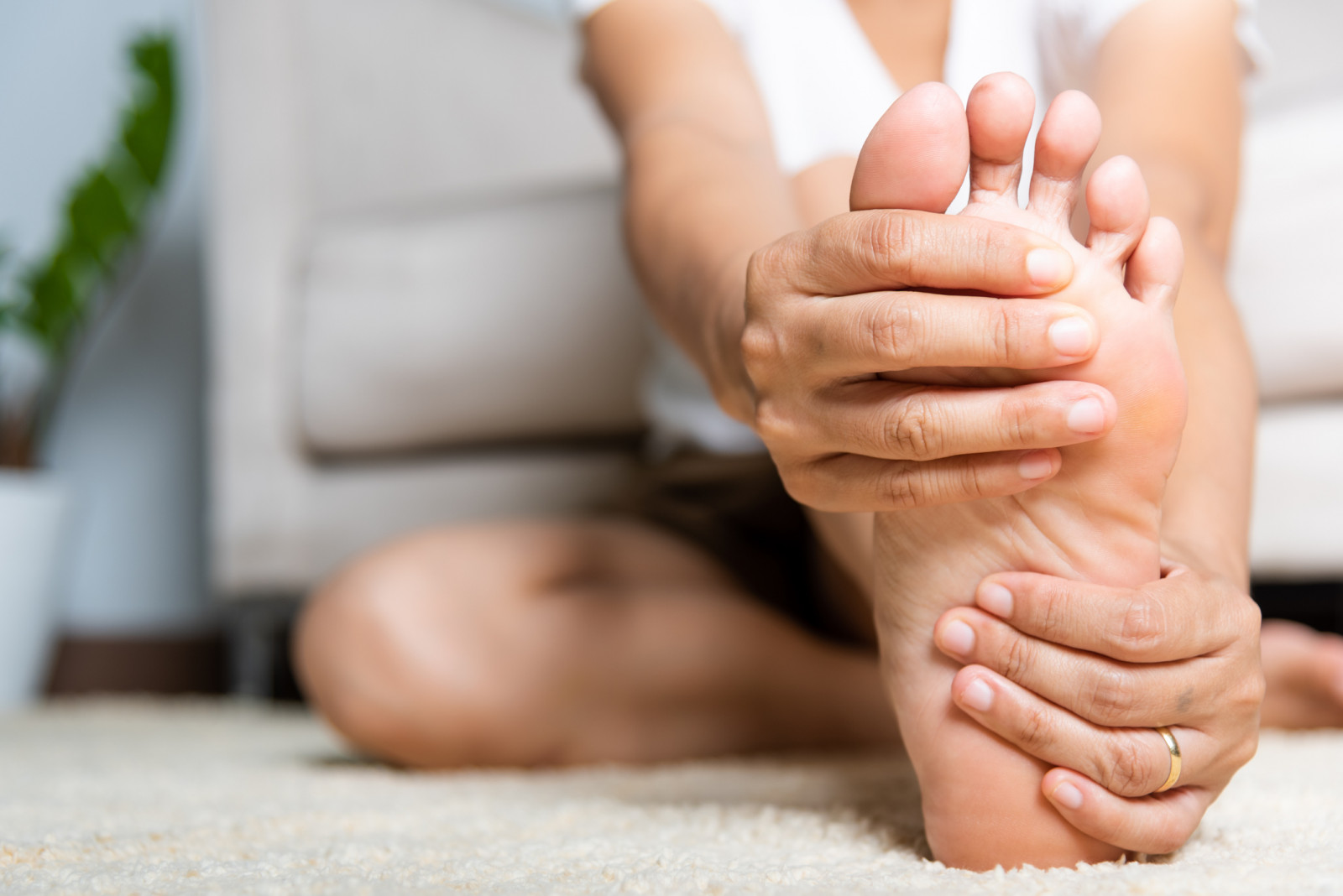One of the best examples of disproportionate pain is stubbing your toe. When your little toe hits the corner of your coffee table, it may feel like your bone is coming out of your foot, but after five minutes there’s almost no problem. Considering the intensity of emotion caused by such a small problem, you may also wonder if it is possible to literally die of pain.
What is pain?
However, to begin this discussion, it is useful to first look at what pain is. Humans are extremely sensitive beings due to a complex network of nerves that surround our entire body. The research, which demonstrates a complete examination of the human nervous system for the first time, clearly reveals how comprehensive this system is. Our nerves, full of danger-sensing nociceptors, can detect changes in temperature, chemical balance or pressure, but pain is not felt by these nerves because it is perceived by the brain.
When you stub your toe, the pain does not actually occur in your toe. Pain is the result of the brain evaluating information, combining sensory information with expectations based on previous pain exposure.
This means that the brain chooses a location based on a “best guess scenario” when it produces pain. Usually the brain chooses the right place to do this, but sometimes it can do so incorrectly, as can happen in the case of reflected pain, where it can actually tell you that the pain is in your shoulder because of a problem in your abdomen. So, it can be said that pain is actually the interpretation of information by the brain.
Pain itself does not kill, its effects do
Pain itself can’t kill you, but its physiological effects can, and it’s probably no surprise that it’s one of a number of more severe symptoms of potentially fatal diseases and injuries. Viruses can be given as an example here.

Dr D., a senior lecturer focusing on pain research at Kings College London. In her interview with IFLScience, Franziska Denk said, “When you catch a virus, your immune system reacts to protect your body. “It initiates inflammation, and pain is one of the main symptoms of this inflammation,” he says. “Pain is caused by the nerves in your body sensing that immune cells are active and therefore your body is under attack. “The nerves respond by sending signals to your brain to encourage you to rest and not move too much until the immune system has done its job and the inflammation has resolved.”
Pain, along with underlying illnesses or injuries that cause severe discomfort, can contribute to a person’s risk of death due to the stress it puts on the body.
“Severe pain is a terrible stress,” writes Forest Tennant in his book Practice Pain Management. “Flares of severe pain, whether acute or chronic, stimulate the hypothalamic-pituitary-adrenal axis to release glucocorticoids (cortisol, pregnenolone) and catecholamines (adrenaline) to biologically control the stress.” and causes the production of noradrenaline). “Catecholamines have a strong direct stimulatory effect on the cardiovascular system, causing severe tachycardia and hypertension.”
Heart problems and high blood pressure
Such flashes of pain can increase a person’s heart rate to over 100 beats per minute and cause dangerously high blood pressure. This can be a serious problem, especially in patients with existing health problems, and can lead to even bigger problems with another side effect of extreme pain.
“In addition to adrenal catecholamine release, pain exacerbations cause excessive activity in the autonomic, sympathetic nervous system, which adds additional excitation to catecholamine-induced tachycardia and hypertension,” Tennant continues. “The combined physiological effects of catecholamine excess release and autonomic, sympathetic discharge, “It can put enough pressure on the heart to cause coronary spasm, cardiac arrhythmia, and sudden death.”
So, although pain itself is not a direct cause of death, it can have a significant impact on patient outcomes if not managed correctly. Fortunately, even extreme pain can be prevented thanks to the anesthesia field, allowing surgeons to cut people open without feeling anything.